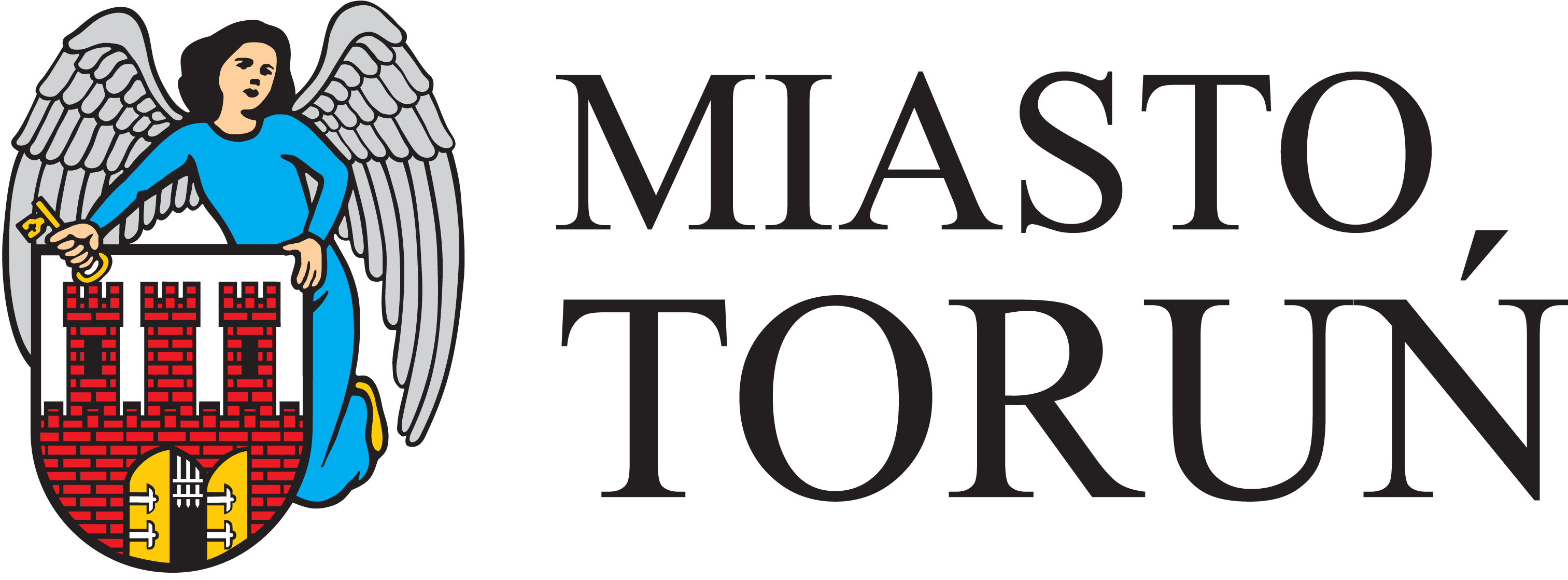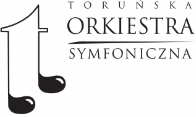Project Idea "Viva Beethoven"
Ludwig van Beethoven: A Creative Visionary and Inspirer
The 250th anniversary of the birth of Ludwig van Beethoven is reason enough for the music scene of Toru? to welcome “Viva Beethoven”, a project carried out by the Toru? Symphony Orchestra. But there are more reasons than that. Beethoven used to travel to Poland and he usually visited Silesia, especially Teplice (in today’s Czech Republic), where he met with Goethe. However, in September 1816 he spent some time in Oberglogau (today’s G?ogówek in Opole Province) at the house of Count Franz von Oppersdorf, to whom he dedicated Symphony No. 4. Without a doubt, Beethoven’s works were the greatest inspiration for the next generations of composers. Apart from Johann Sebastian Bach, Beethoven had the greatest impact on the direction of development of music in subsequent epochs. In this short introduction, it is impossible to show what a great innovator he was. Let the programme of concerts in Toru? speak for the greatness of his musical genius.
The project will give us an opportunity to listen to Beethoven’s Symphony No. 3, 5, 7 and 9, the pieces that contributed to the evolution of this musical form. We will also listen to other examples of orchestral music, namely the Egmont overture, which was initially an introduction to a play, but then became an independent concert piece. Significant changes in the approach towards instrumental solos at concerts will be illustrated by: Violin Concerto in D major, Op. 61 and Piano Concerto No. 5 in E-flat major, Op. 73. The programme also includes quarters, piano and cello sonatas and Beethoven’s chamber music (duets, trios and variations), which is less popular on the concert scene. Therefore, we will have a chance to listen to Beethoven’s music, immerse ourselves in an overview of his works and once again conclude that these very masterpieces have shaped the history of music and culture.
Apart from Beethoven’s pieces, there will also be music written by other composers: Antonín Dvo?ák, Pyotr Tchaikovsky, Niccolò Paganini, Magdalena Cynk and Richard Harvey. Do they have anything in common? All of them surely used to analyse Beethoven’s musical scores at some point.
Well, Witold Gombrowicz was right when he said that Beethoven had pushed boundaries in his last quartets. Going beyond commonly accepted norms concerning style, form, technique, texture and, most importantly, artistic expression, applies also to other compositions by Beethoven. When he wrote his last works, he was deaf, bitter and betrayed by fate. He found his remedy in music. Let the music by the Master from Bonn and his successors be a remedy to our own worries and the world’s problems. Right now, this is its most important role.
Aneta Derkowska, Ph.D




